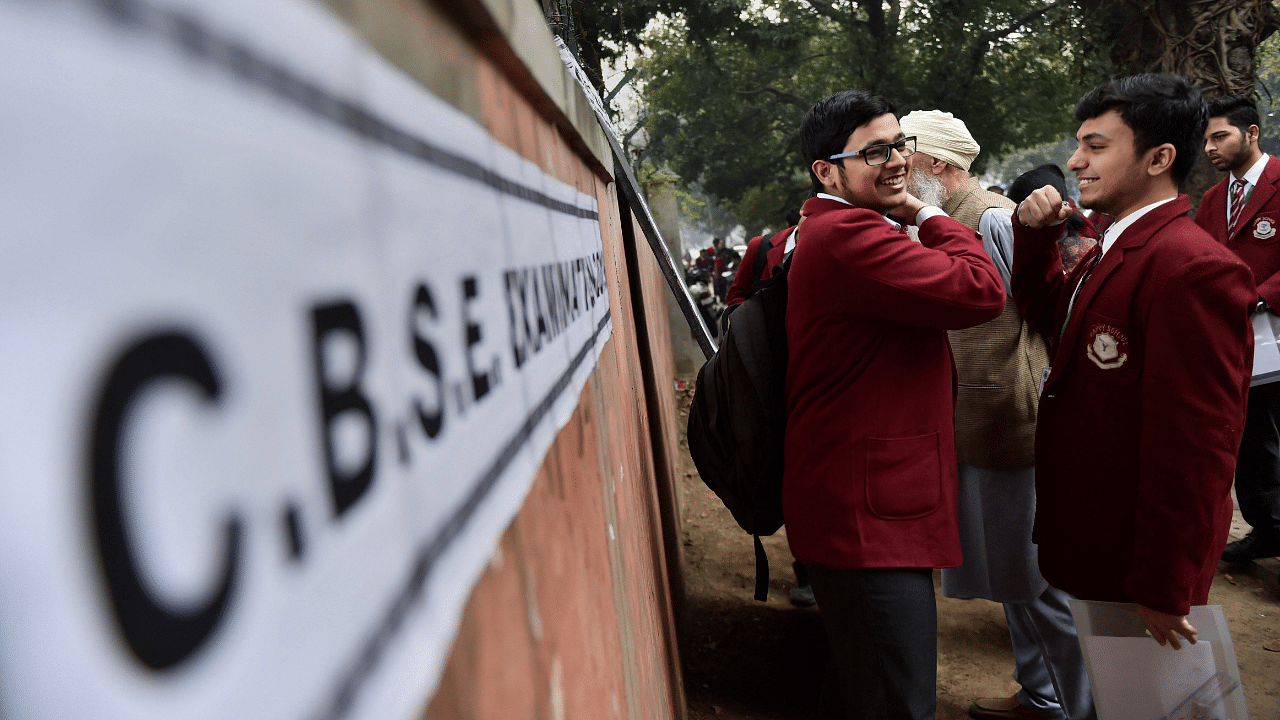
The CBSE has revamped its assessment scheme for class 10 and 12 board exams to be conducted in 2024 by introducing more Multiple Choice Questions (MCQs) and reducing the weightage for questions requiring short or long answers, according to officials.
The move is aimed at progressively aligning assessment with the National Education Policy (NEP) 2020 recommendations, they said.
The change, however, might be limited to 2023-24 academic session only as the board exams are likely to be reformed next year with the introduction of new National Curriculum Framework (NCF).
"The National Education Policy, 2020, has affirmed the need to move from rote learning to learning more focused on developing the creative and critical thinking capacities of students to meet the challenges of the 21st century proactively. The board is initiating changes in the examination and assessment practices for the academic session 2023-24 to align assessment to Competency Focused Education," said Joseph Emanuel, Director, CBSE (Academics).
"Therefore, in the forthcoming session a greater number of Competency Based Questions or questions that assess application of concepts in real-life situations will be part of the question paper," he added.
In class 10, 50 per cent questions will be competency-based in the form of MCQs, case-based questions, source-based integrated questions or any other type. The weightage for such questions in the last academic session was 40 per cent.
The objective questions will now necessarily be MCQs with 20 per cent weightage.
The weightage for short answer and long answer type questions has been reduced to 30 per cent from 40 per cent last year.
Similarly, in class 12, 40 per cent of the questions will be competency focused in the form of MCQs, case-cased questions, source-based integrated questions or any other type.
The weightage for such questions in the last academic session was 30 per cent.
In class 12 too, the objective questions will now necessarily be MCQs with 20 per cent weightage. The weightage for short answer and long answer type questions has been reduced to 40 per cent from 50 per cent last year.